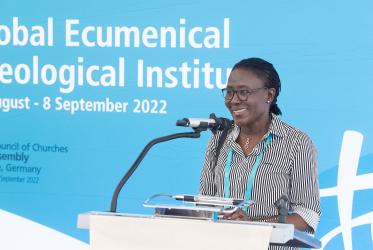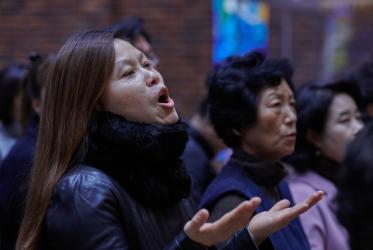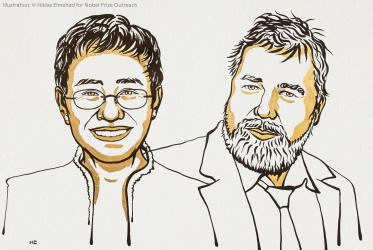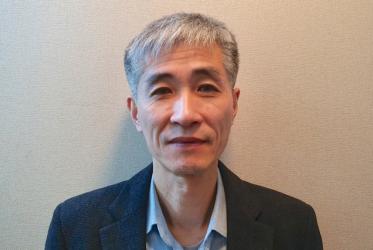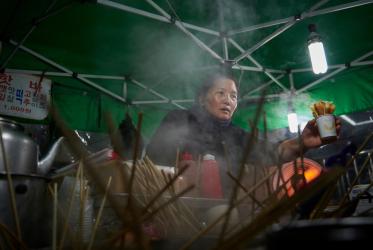Displaying 1 - 20 of 267
WCC congratulates 2021 Nobel Peace Prize laureates
14 October 2021
Le COE félicite les récipiendaires du prix Nobel de la paix 2021
11 October 2021
WCC offers prayer during Japanese peace conference
11 March 2021
Rev. Shin Seung-min: “We want to create hope, not despair”
22 December 2020
New student body at Bossey Ecumenical Institute “a source of joy”
14 September 2020
Bossey alumni from Thailand continue their strong ties
19 August 2020
